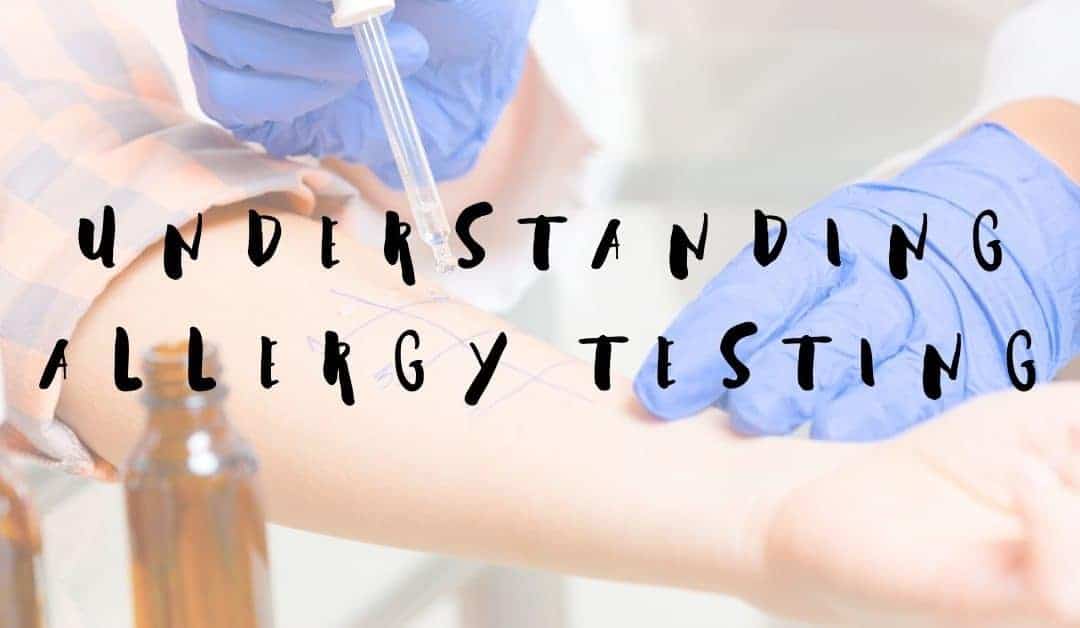The Centers for Disease Control and Prevention reports that over 50 million people in the United States are allergic to something, making allergies the 6th largest cause of chronic disease in the country.
You might be allergic to something if you’ve got watery eyes or a stuffy, runny nose. You might have an allergy from being in a particular environment, were close to pets, or have been eating certain foods.
Many people with allergies come out in rashes or hives without another issues. But others may have such a bad reaction that they have breathing difficulties and need immediate medical assistance.
It’s good that you know if you have allergies so that you can get medicine if you need them, and can stay away from the things that trigger them.
How do I know when I should be tested?
Most people with untreated symptoms of allergy are unaware of how much better they will feel once their symptoms are properly diagnosed and controlled. If any of these nagging signs bother you, ask your doctor to refer you to an allergist.
- Congestion or runny nose.
- Your eyes are watery.
- You have hives, itchy skin problems, or other symptoms.
- You have abdominal pain or diarrhea after eating some foods.
- Insect stings bring up severe reactions.
What happens before testing?
Before a doctor carries out allergy tests, they will check your medical history and signs of allergy, as well as to inquire about your lifestyle, e.g., whether you live with dogs or work in a hostile environment. You will also undergo a physical examination.
You would also need to stop taking some allergy medications, such as antihistamines, for the week before your allergy test. The Asthma and Allergy Foundation of America has suggested that other medications, including certain antidepressants and herbal supplements, may also need to be stopped. If you are not sure if a specific drug will interfere with the results, ask your doctor.
Types of allergy tests
There are several types of allergy tests. Here is a quick guide:
Skin tests: A skin test is a skin test that identifies whether a substance (an allergen) can trigger an allergic reaction. Chemical allergens (aeroallergens) can cause allergic eye symptoms, nasal symptoms, and asthma symptoms, including fur from animals, dust mites, tree pollen, grass pollen, plant pollen, and mold. Meat, drugs, latex, and insect venom are also allergens that can cause allergic reactions affecting the skin, respiratory system, gastrointestinal system, as well as the cardiovascular system.
Intradermal tests: Intradermal tests can report in more detail than prick tests, and can be used in cases where the results of prick tests are not conclusive. The doctor or nurse injects small amounts of allergens into the outer skin layer. As with the skin prick test, the doctor checks your skin for results after a set amount of time. Doctors may use this test if the results of the skin prick test are negative, but they still suspect that you have allergies. A doctor may use this test to diagnose an allergy to the medication or venom.
Challenge tests: Tests for food and drug disorders test ingestion. This test requires that a patient consumes increasing amounts of a potential allergen. They’re then examined for signs of an allergic reaction for up to three hours.
Blood tests: Blood tests called serum IgE tests might provide more information on how exactly a patient is allergic to a particular item. This may provide insight into the potential severity of the reaction or provide guidance on the likelihood of tolerance to certain foods.
An allergist has specialized training in administering and interpreting allergy tests. Once your test results are received, your allergist can work with you to develop a treatment plan for managing your allergies.
Which test the best?
We believe that skin testing combined with physical examination and medical history of your symptoms is the most reliable, cost-effective, and fast approach to determining what you are and not allergic to.
The great thing about allergy skin tests is that when you see the allergist, you get details on what you are allergic to. You don’t have to wait two weeks for laboratory tests to arrive. So, you can get skin checked with your first appointment. The allergist can then sit down and tell you what you can do and what you are allergic to, as well as what you can do about it.

